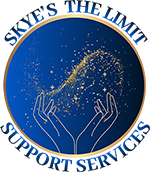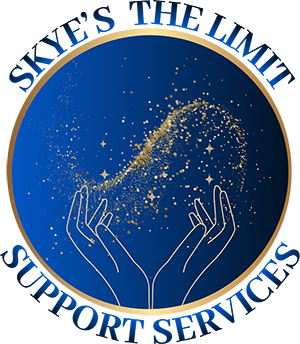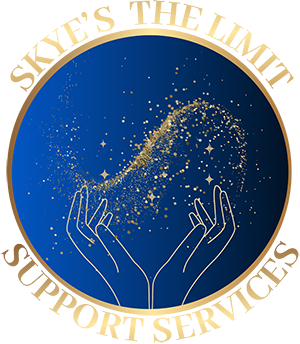Introduction
An NDIS recovery coach can make a transformative difference for someone living with mental health challenges, offering tailored guidance, skill-building, and confidence to help them thrive. While family, friends, and clinical services play a vital role, recovery coaching provides a unique kind of support that focuses on independence, resilience, and achieving personal goals. Under the NDIS mental health support framework, a recovery coach works alongside individuals with psychosocial disabilities to help them take control of their lives and move forward with purpose.
If you’ve been wondering whether this might be the right step for someone you care about, here are clear signs they could benefit from recovery coaching.
1. Feeling Stuck in the Recovery Journey
Recovery isn’t always a straight path. If your loved one feels they’re not making progress, or they keep revisiting the same challenges, a psychosocial coach can help break down goals into manageable steps. By providing structure, encouragement, and strategies, an NDIS recovery coach helps people move past obstacles and regain momentum.
2. Overwhelmed by the NDIS Process
The NDIS can be complex, especially when it comes to understanding budgets, funding categories, and how to make the most of a plan. If your loved one feels overwhelmed or confused, recovery coaching offers hands-on guidance. Coaches work directly with participants to understand their plan, coordinate supports, and make sure they’re accessing everything they’re entitled to under NDIS mental health support.
3. Goals Without a Clear Starting Point
Many people living with psychosocial disabilities have dreams — like returning to study, getting a job, joining community activities, or improving daily routines — but aren’t sure how to begin. Psychosocial coaching focuses on mapping a clear action plan, setting realistic milestones, and keeping participants accountable so that each goal feels achievable.
4. Needing More Than Clinical Care
Clinical treatment is essential for managing mental health, but it’s not the only form of support people need. An NDIS recovery coach complements therapy by focusing on life skills, problem-solving, and building resilience. This whole-person approach addresses practical challenges — from managing daily tasks to fostering meaningful relationships — so recovery feels more sustainable.
5. Frequent Setbacks in Daily Life
If changes in routine, unexpected challenges, or stressful situations cause repeated setbacks, psychosocial coaching can help. Recovery coaches teach coping strategies, support problem-solving in real time, and help participants adapt to change without losing sight of their goals.
6. Feeling Disconnected from Community or Support Networks
Isolation can be a major barrier to recovery. If your loved one is withdrawn or lacks a sense of belonging, an NDIS recovery coach can help reconnect them with community activities, peer support groups, and social opportunities. These connections can boost self-esteem, reduce loneliness, and improve overall wellbeing.
7. Major Life Transitions or Crisis Situations
Life changes, like moving house, changing providers, or experiencing a health crisis — can be overwhelming. Recovery coaching ensures that participants have stable, continuous support during these times, helping them navigate decisions, coordinate services, and maintain safety and stability.

Why Psychosocial Coaching Works
Psychosocial coaching isn’t about doing everything for the participant — it’s about doing it with them. Over time, they build confidence, develop skills, and take greater control of their life. With an NDIS recovery coach, progress becomes a shared journey where the participant is in the driver’s seat, supported by someone who understands the complexities of mental health and the NDIS.
Final Thoughts
If your loved one is showing any of these signs, it might be time to consider psychosocial coaching. The right NDIS recovery coach can provide personalised strategies, mental health support, and a clear pathway toward independence. Recovery is not just about managing a condition — it’s about building a fulfilling, connected life.
At Skye’s the Limit Support Services, we provide experienced and compassionate NDIS recovery coaches who are dedicated to helping participants achieve their goals. Contact us today to discuss how psychosocial coaching could benefit your loved one.
For more information on how recovery coaching can support mental health and wellbeing, explore the official NDIS Recovery Coach guidelines. You can also learn more about our Psychosocial Recovery Coaching and NDIS Support Coordination services to see how we can help your loved one take the next step toward independence and confidence.



